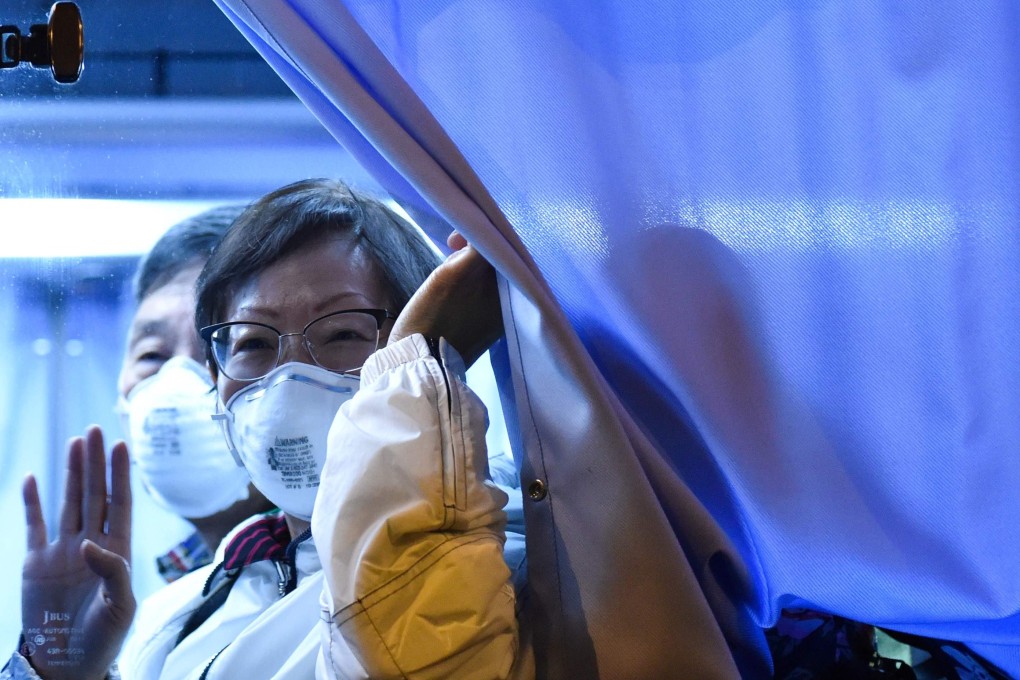Coronavirus: China reports 105 more deaths, taking global toll to 1,775, as some cases throw 14-day incubation into doubt
- Hubei province’s new Communist Party chief calls for less bureaucracy as number of new infections rises again
- World Health Organisation says it is impossible to predict the future path of the epidemic, which has spread to at least 25 other countries

Hubei province, the epicentre of the outbreak, accounted for 100 of the new deaths and 1,933 of the newly confirmed cases – of which 1,690 were in the provincial capital of Wuhan. The figures took the totals announced by the province’s health commission to 1,696 and 58,182 respectively, while the global death toll stood at 1,775.
Longer incubation periods?
Henan province in central China has reported two coronavirus cases that took much longer to confirm than the previously estimated incubation period of up to 14 days. Incubation is the time between exposure to the virus and beginning to show symptoms.
The government of Xinxian county, in the city of Xinyang, on Sunday reported that one of its new cases had been confirmed 34 days after the patient returned from a mid-January visit to Wuhan. He had been sent to hospital with suspected symptoms on January 28, but twice tested negative before testing positive on February 16. A further two people who attended family gatherings with the man in Xinxian were reported as infected, while three were suspected cases or under hospital quarantine.
The county government announced it would extend the home quarantine period from 14 to 21 days for residents who had been to Hubei or had contact with people who had been there.